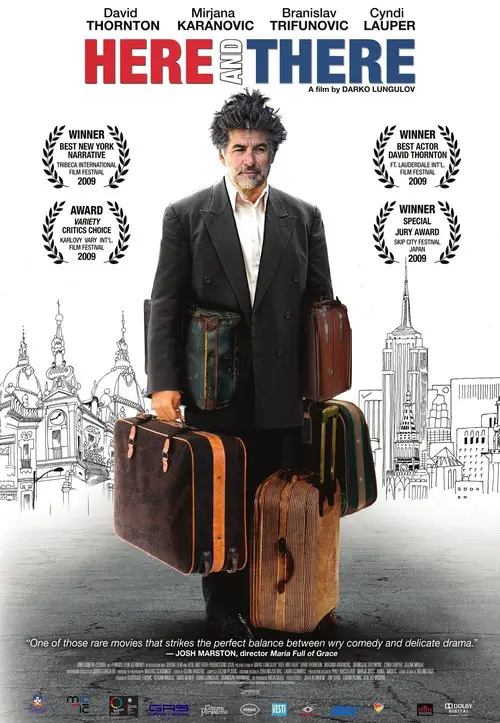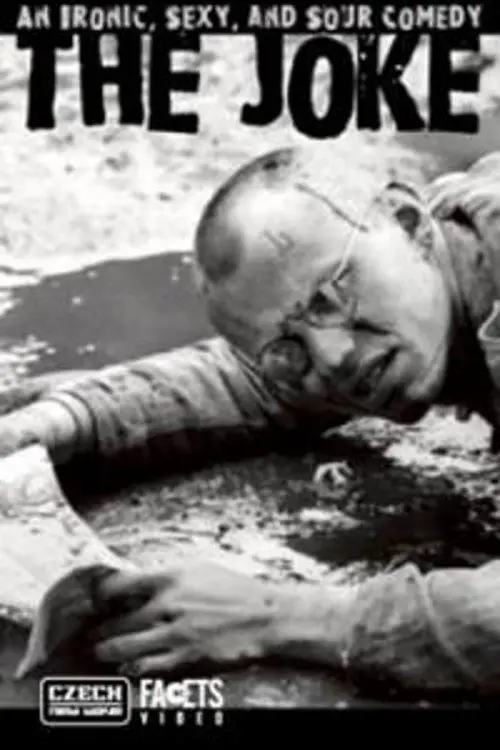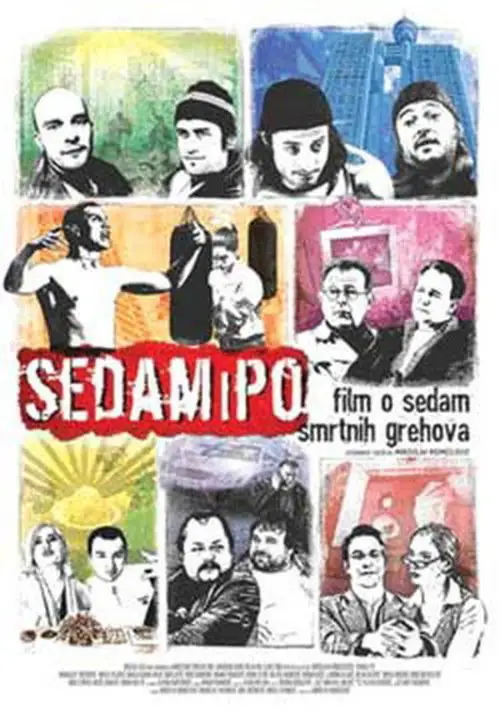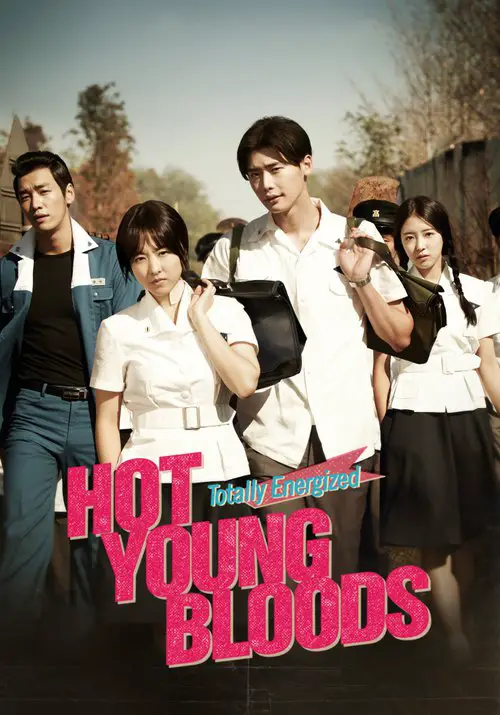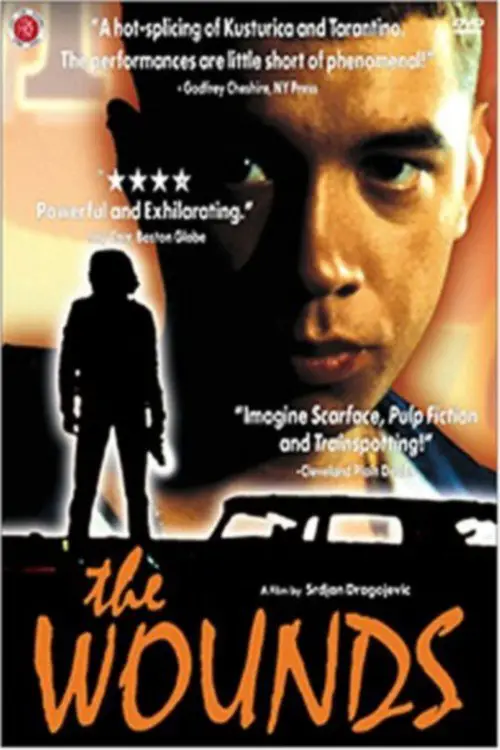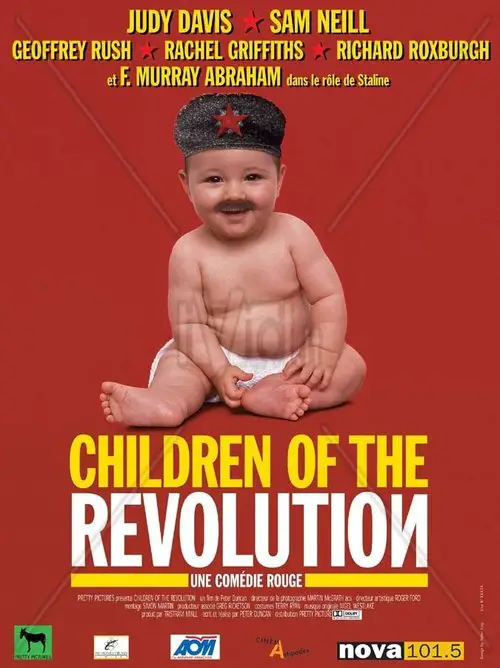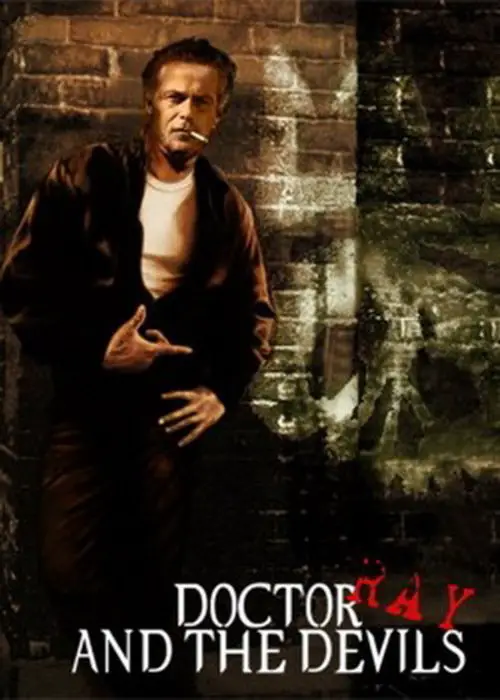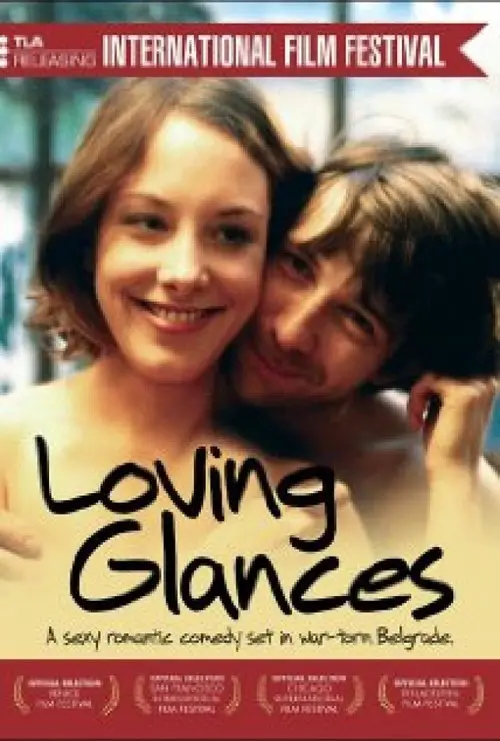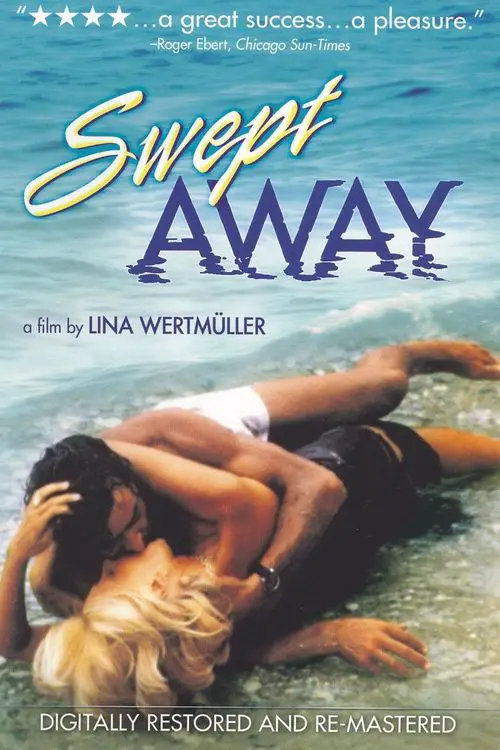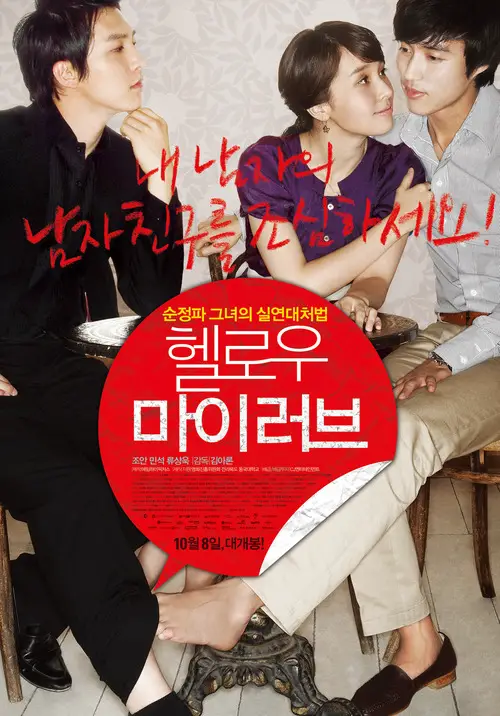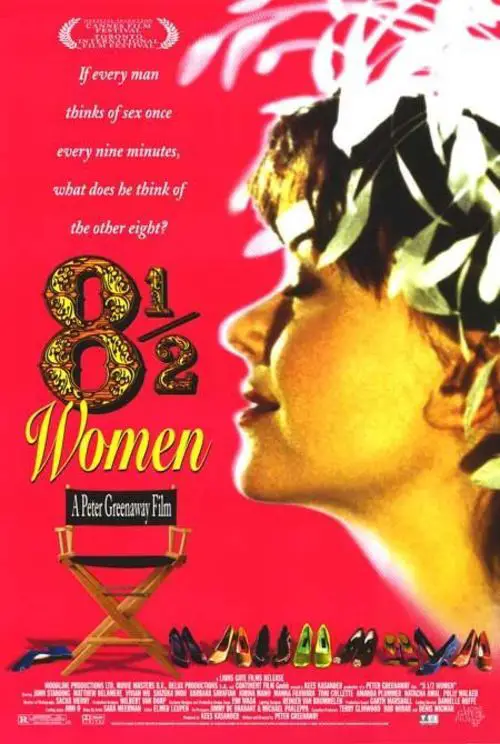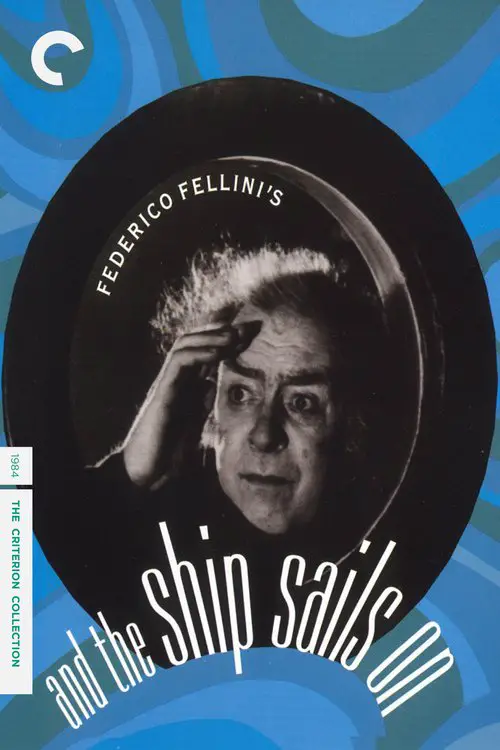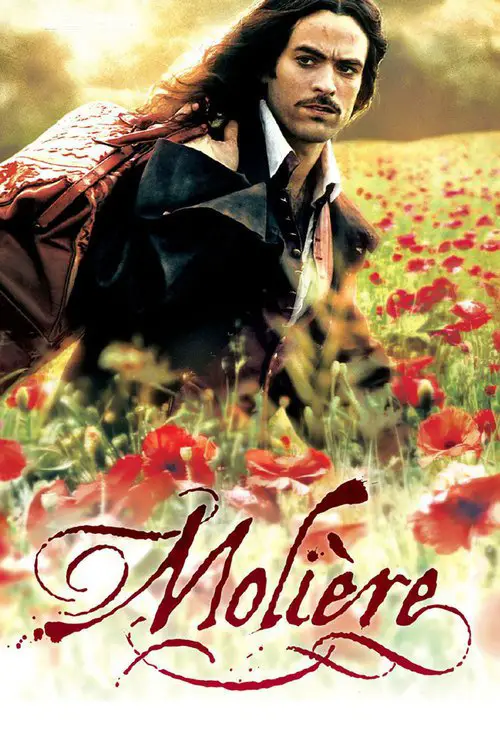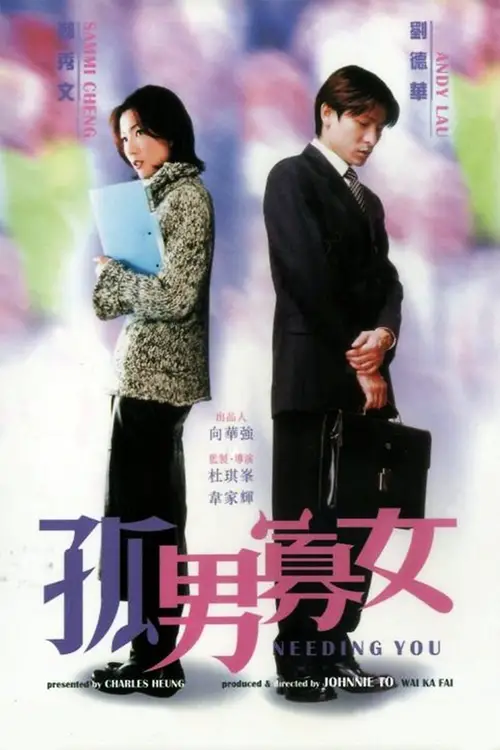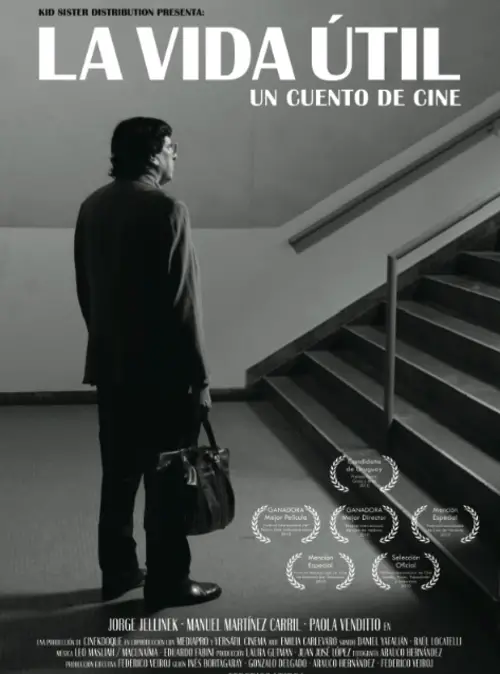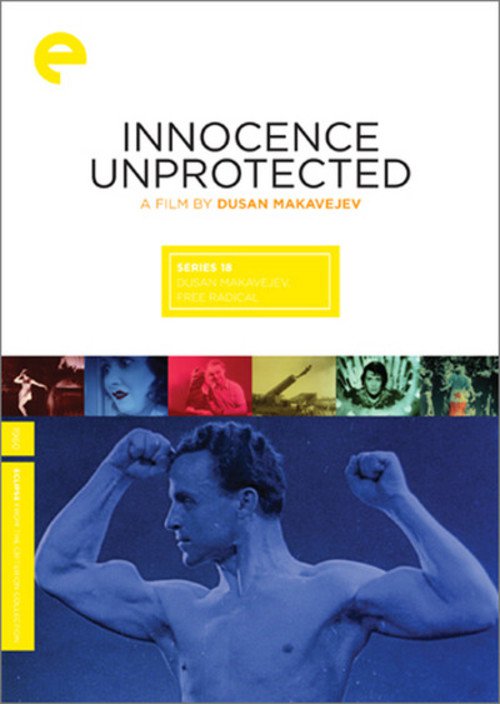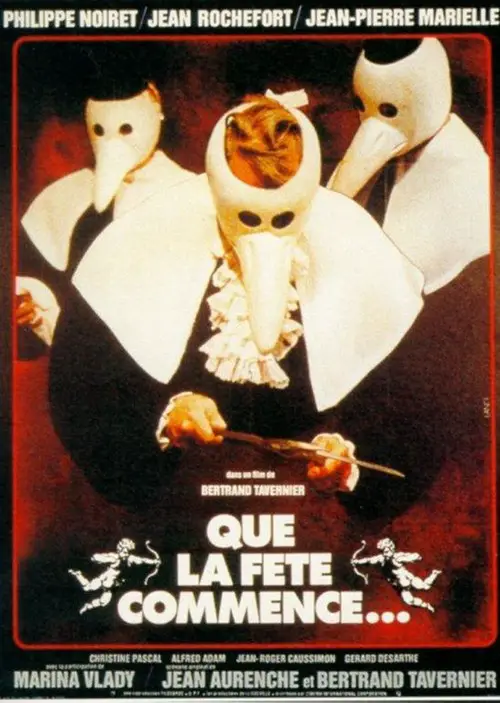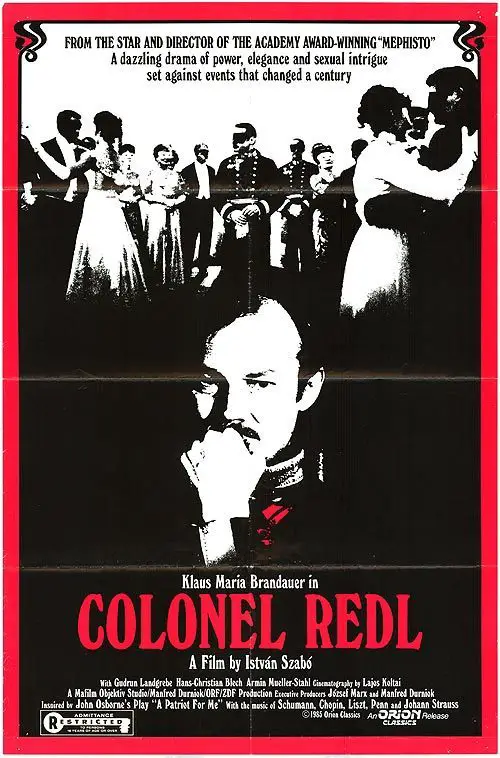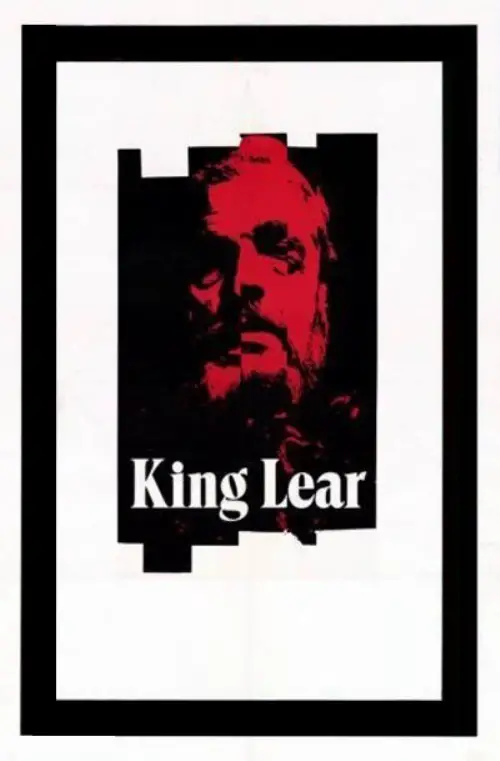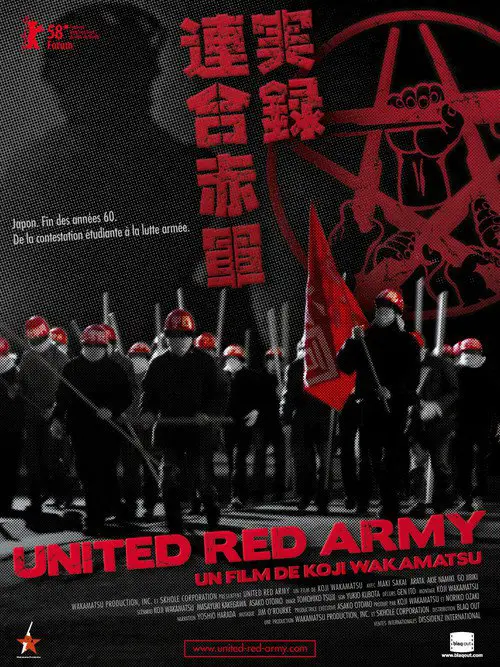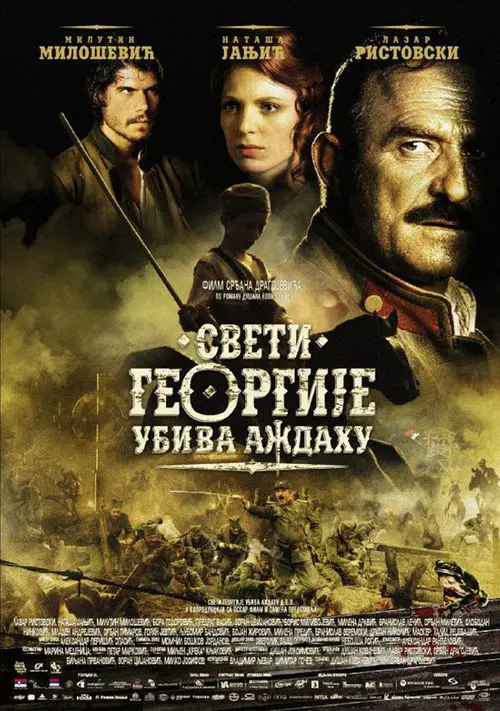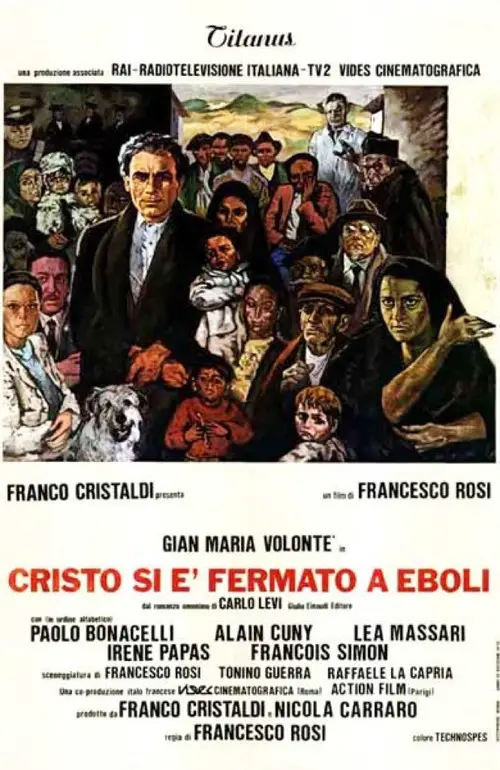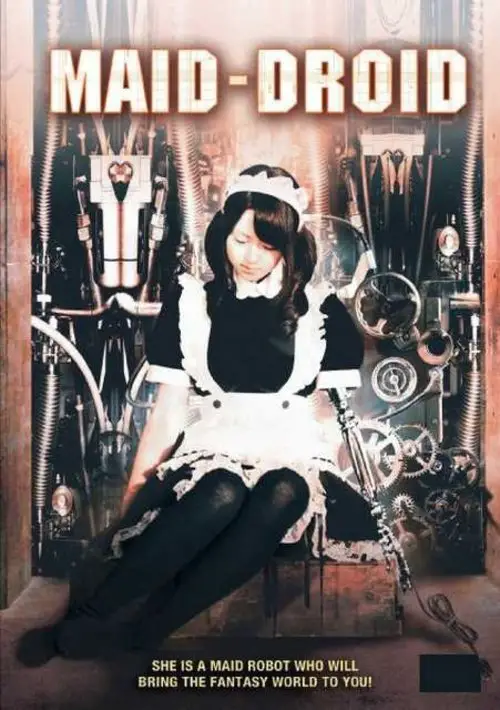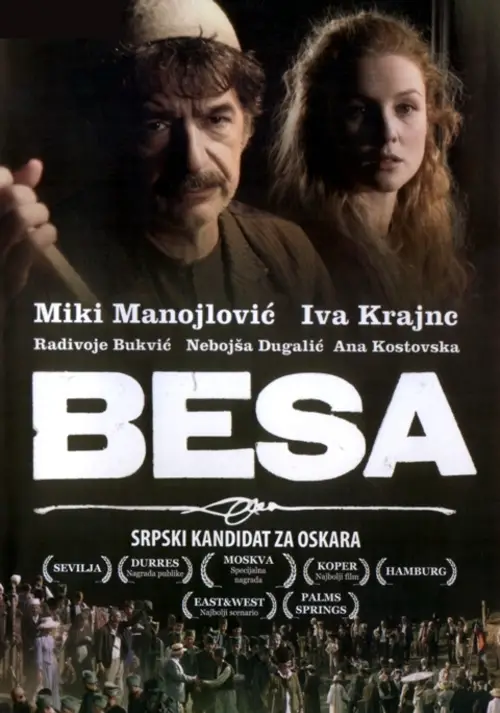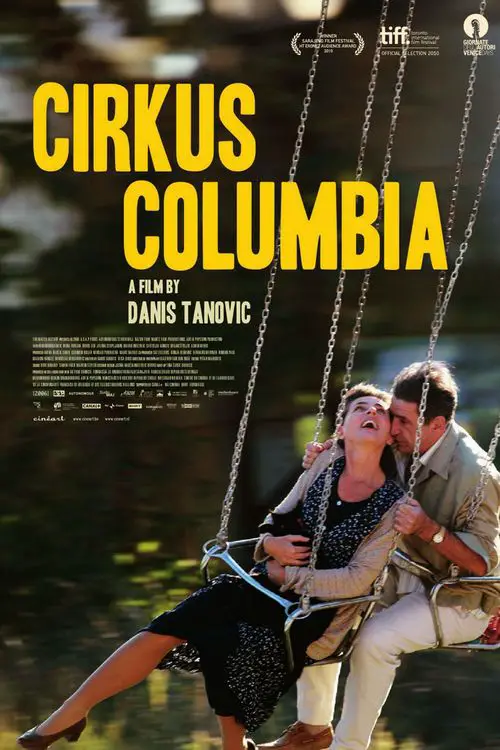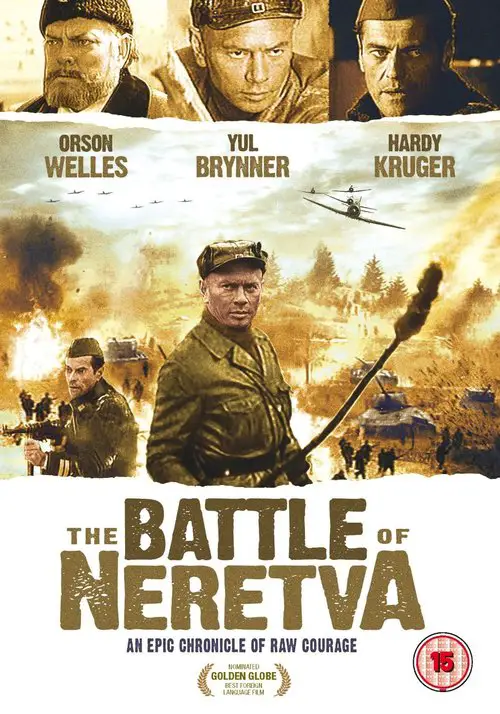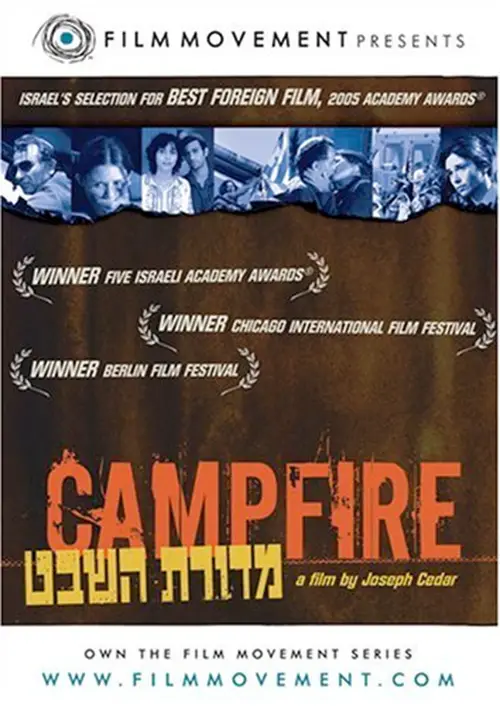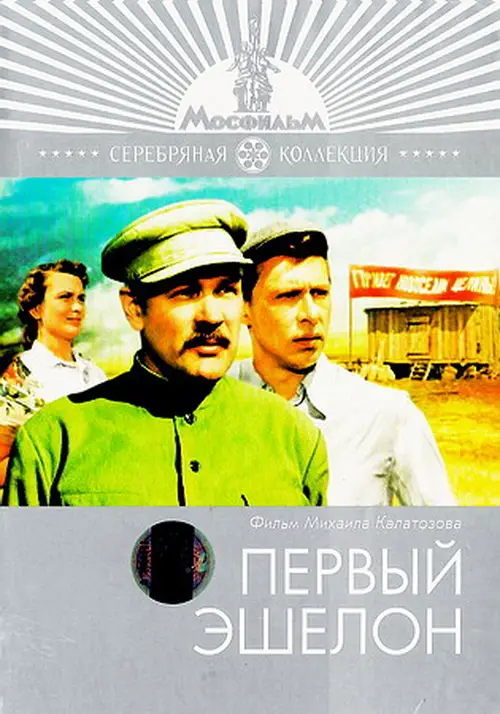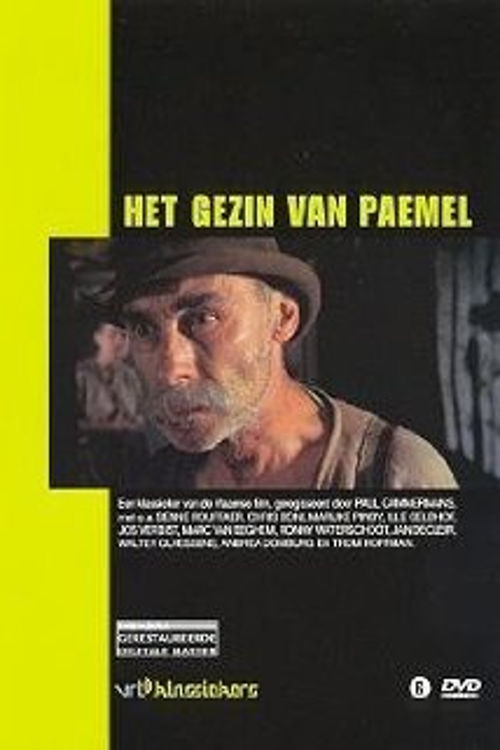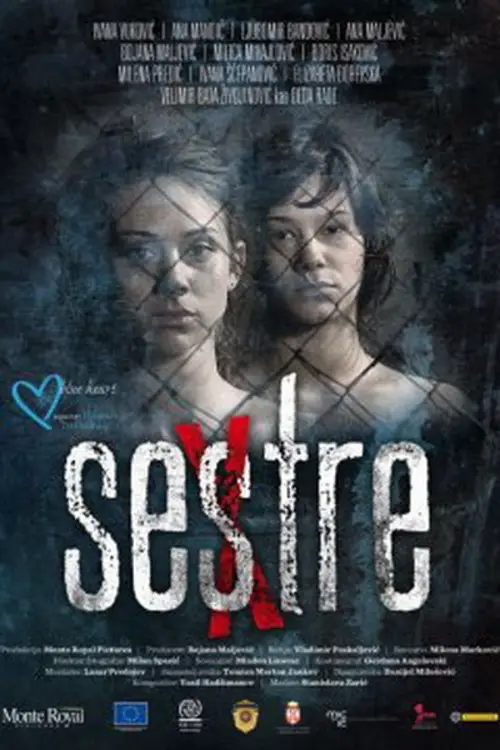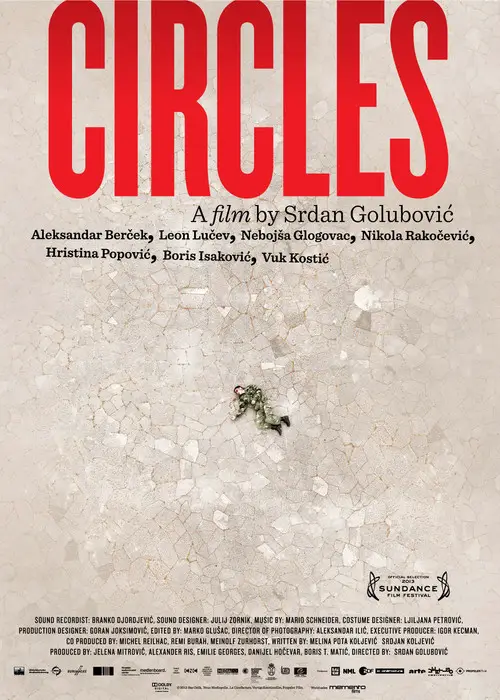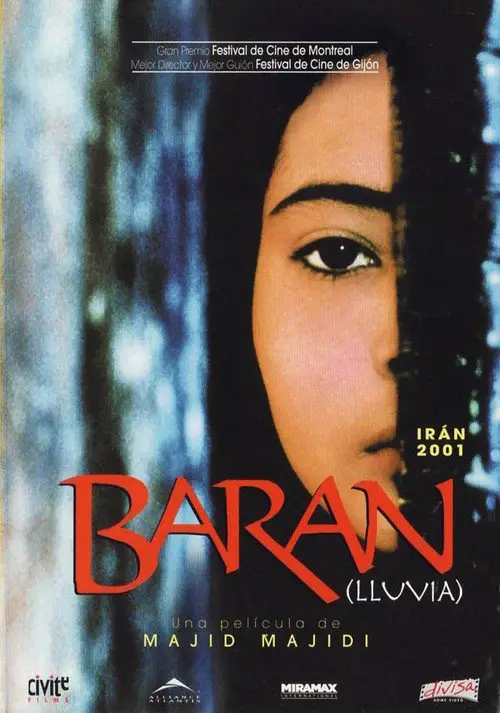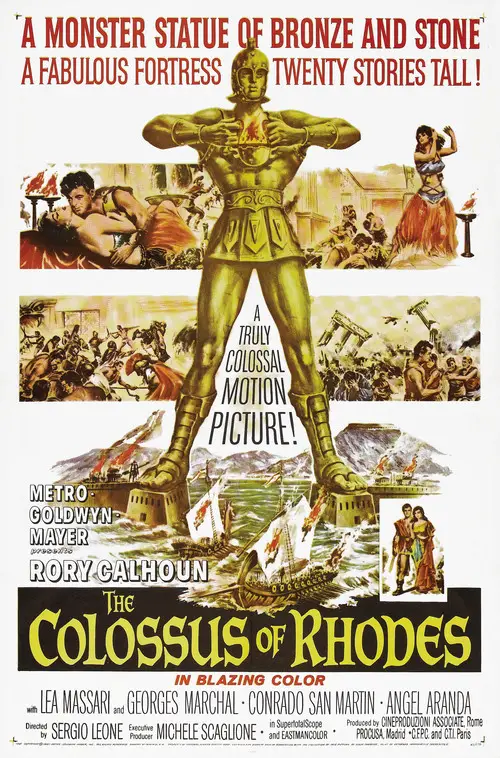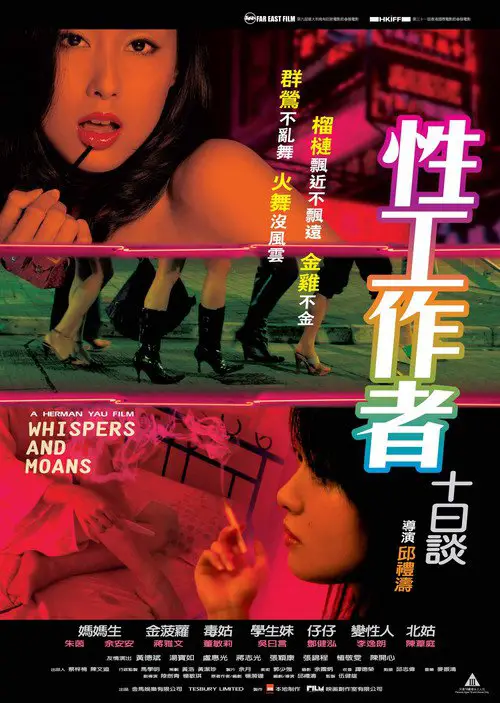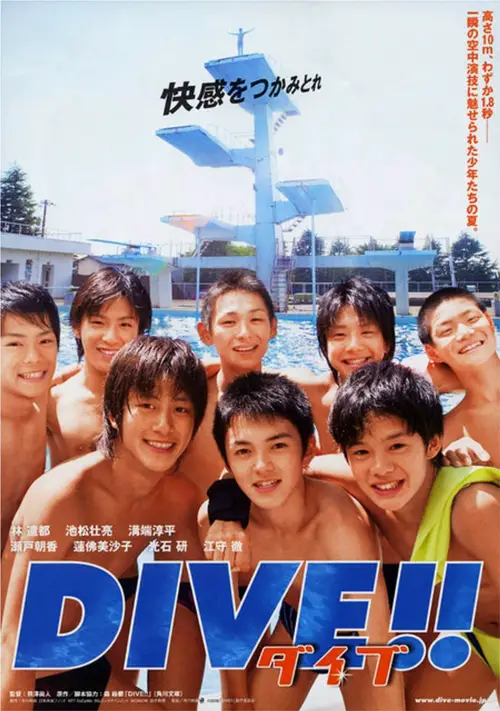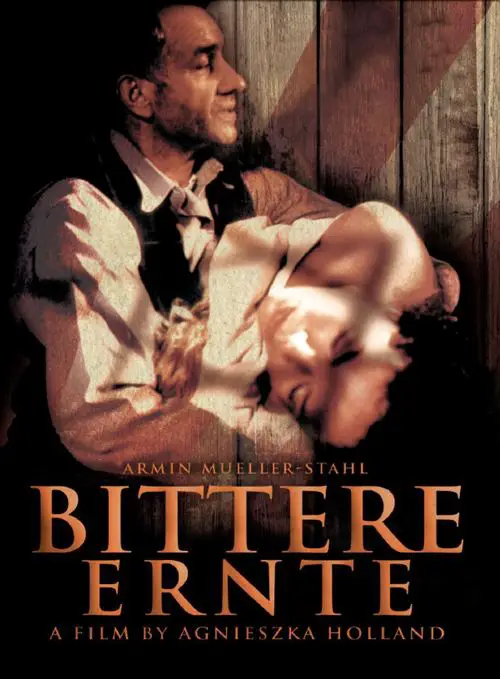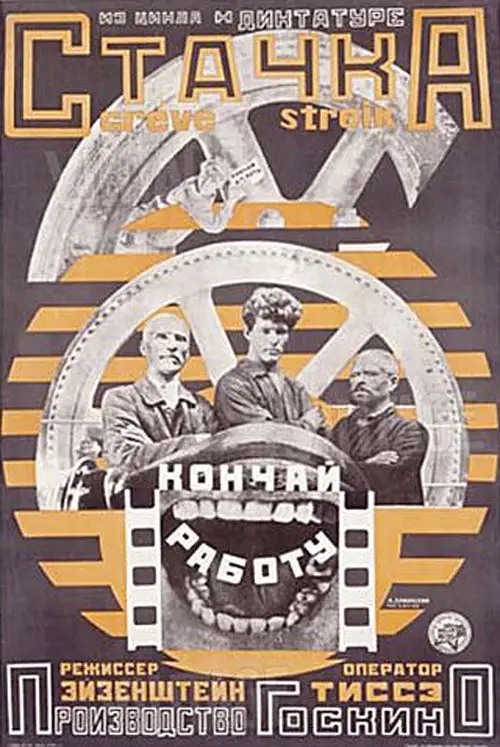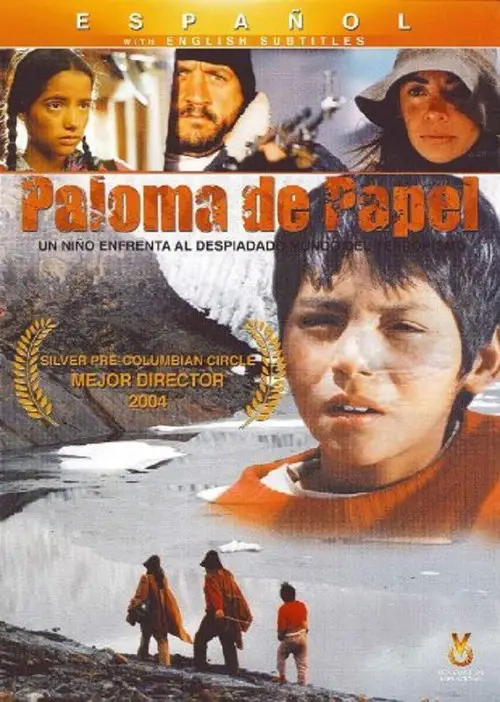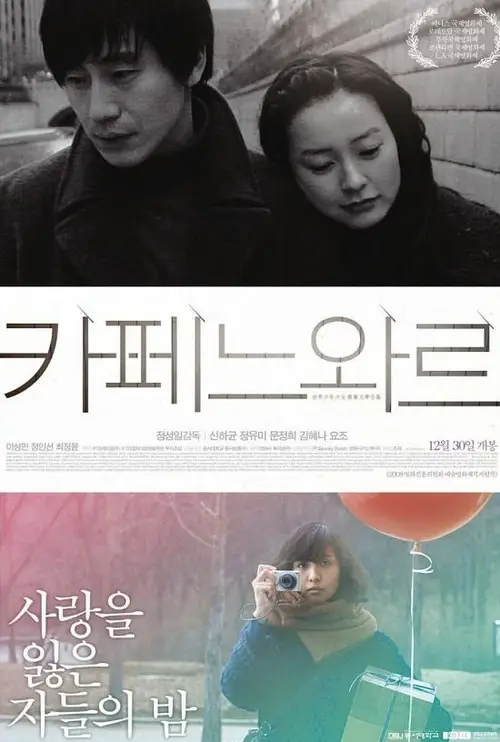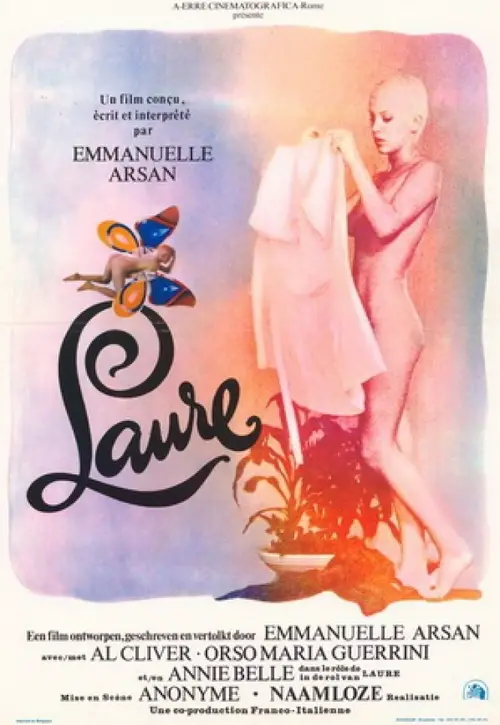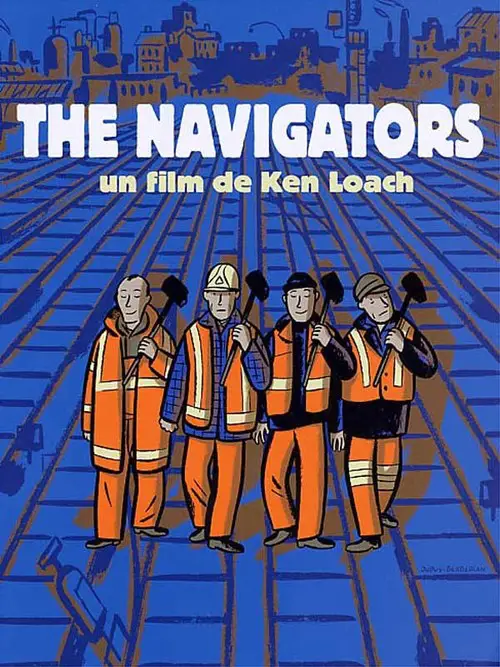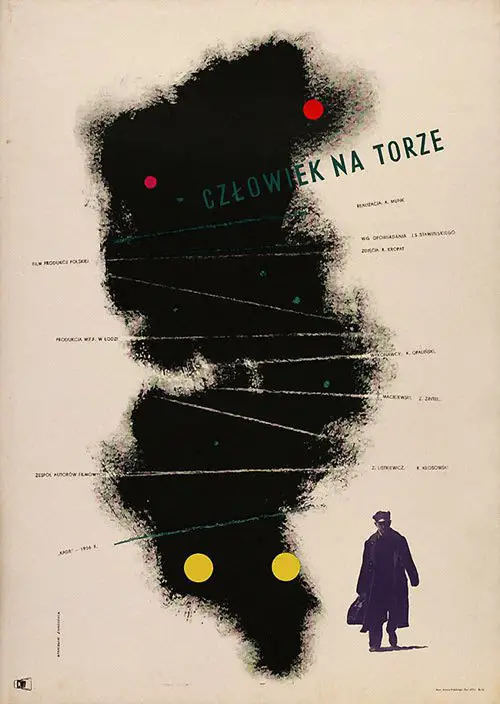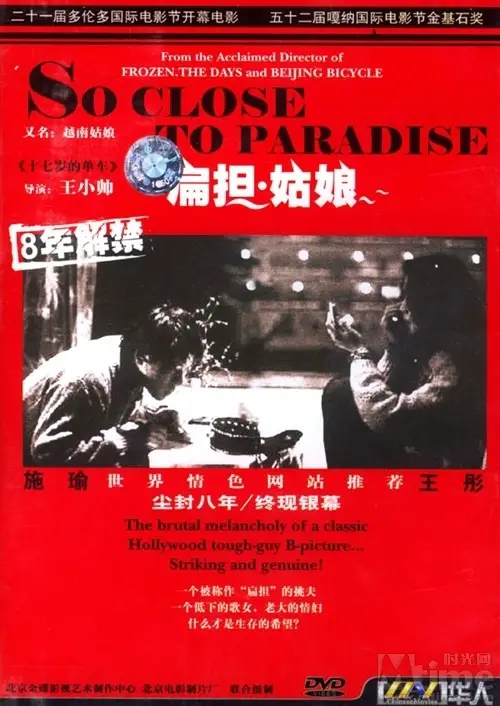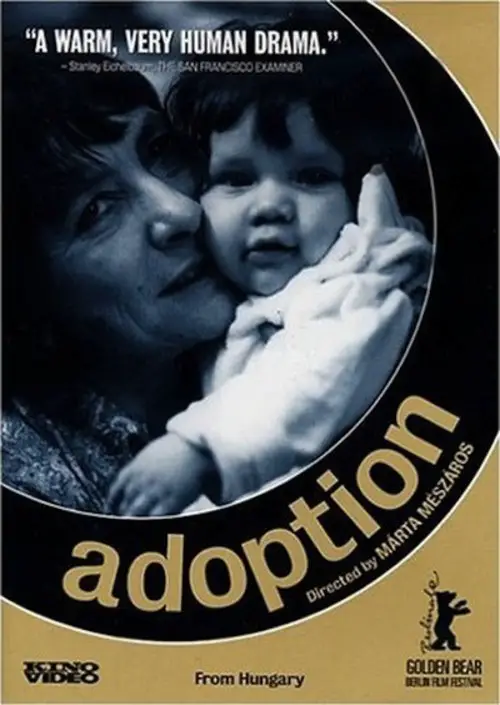Superfluous (1962)
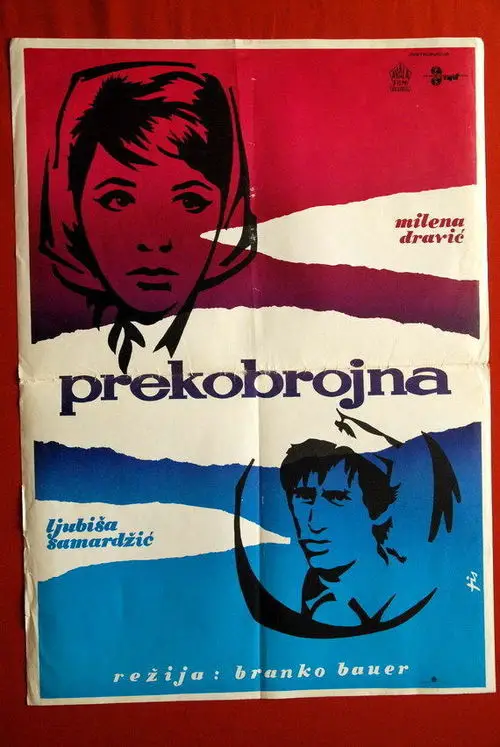
Similar movies
Here and There (Serbian: Tamo i ovde) is a Serbian film which was premiered at the Belgrade Film Festival FEST 2009. Here and There follows two interconnected stories on two different continents. Robert (Thornton), a depressed New Yorker, tries to make quick cash and ends up in Serbia, where instead of money he finds his soul. At the same time, a young Serbian immigrant, Branko (TrifunoviÄ), struggles in an unforgiving New York, desperately trying to bring his girlfriend from Serbia to the United States. Mirijana KaranoviÄ plays Branko's mother.
Sedam I Po is a Serbian movie. Seven stories from the hood that connects the leitmotif of the seven deadly sins, in a comic way of treating everyday life if Belgrade people, possessed by it's own small weaknesses. Tthey do not hesitate to go beyond the moral, since each of them understands morality in their own way. The story of the seven deadly sins, however, is not moralizing - it reveals that in spite of sin and errors there is a moment of purification and redemption of the hero. Their lives are not sinful in the Christian sense, their weaknesses are consequence of the times we live in. Pride, in despair, sloth, envy, anger, greed, debauchery and intemperance in eating and drinking - to include a biblical sin, but in modern times would be almost absurd in the context of a much bigger and worse problems of civilization. Therefore, the scenario calls for constant laughter - master your fears and problems, laugh at myself in it; it is a way of overcoming his own pain.
The story behind and around famous American director Nicholas Ray's 1960s stay in SFR Yugoslavia. The celebrated director who was the toast of Hollywood only a decade earlier having made Rebel Without a Cause has fallen on hard times and is now desperately trying to re-establish his spiraling film career. On the other hand, his powerful host, Avala Film director and former Yugoslav secret service operative Ratko DraževiÄ, is dreaming big dreams - he is trying to establish a 'Hollywood behind the Iron Curtain' of sorts.
After being separated for years, former lovers Macy (Sandra Ng) and Anita (Vivian Chow) are reunited at a pregnancy seminar. After sharing the accidental circumstances that led to their respective pregnancies, the two fall back in love. However, to add to the trouble caused by the fathers of their babies (Eddie Cheung and William Chan), Anita also finds herself the victim of gender discrimination at work due to her pregnancy. Will Macy and Anita make it through the obstacles in the way of their reunion, and what roles will the two to-be-fathers end up playing in the women's lives?
American businessman Brian Chandler has a perfect life with a great job and beautiful fiancée. When his boss, renegade coffee mogul Calvert Jenkins sends him to Thailand to inspect a crop for purchase, Brian meets Ticha, a beautiful Bangkok executive who has long-since given up on the prospects of finding love.
Aspiring dancer Phoenix (Kitty Zhang) lives in the countryside with her father, but she's got her eyes set on farther places. Jumping at the chance to move to shiny Shanghai, she makes ends and dreams meet by working as a janitor at an elite dance studio where she picks up dance moves on the sly. Even with her unfailing spirit, things aren't easy for Phoenix working two jobs and putting up with the mockery from city folks. Enter her knight in shining armor, CEO and studio owner Ron (Leon Jay Williams), who sweeps her off her feet and gives her a spot on the dance team.
After the death of his wife, wealthy businessman Philip Emmenthal and his son Storey open their own private harem in their family residence in Geneva (they get the idea while watching Federico Fellini's 8½ and after Storey is "given" a woman, Simato (Inoh), to waive her pachinko debts). They sign one-year contracts with eight (and a half) women to this effect. The women each have a gimmick (one is a nun, another a kabuki performer, etc.). Philip soon becomes dominated by his favourite of the concubines, Palmira, who has no interest in Storey as a lover, despite what their contract might stipulate. Philip dies, the concubines' contracts expire, and Storey is left alone with Giulietta (the titular "½", played by Fujiwara) and of course the money and the houses.
Nihal Singh from Chandigarh is a seemingly simple yet unconventional boy. He talks too much, questions everything and builds complicated gadgets in this spare time. He has a brilliant mind and an oddball sort of charm. He adores his mother, has dreams of studying in the most elite institute of science and always looks for big ideas in small things. But, there is a big but... Nihal has a secret.
Director Jang Jin's first romantic comedy presents a rare love story between a once famous baseball player and his ardent lover. Dong Chiseong (played by Jeong Jaeyeong), a star baseball pitcher in high school and college, hurts his shoulder, and is replaced as an outfielder. What is worse, he experiences a constant nose-bleeding and hears from the doctor that he has only three months to live due to a malignant tumor in his lung. Deeply depressed, he goes to a bar to drink away his sorrows until he falls asleep. A pretty bartender Han Iyeon (Lee Nayeong), finds him passed out and picks him up and carries him home.
Wah and Kinki both working at the same department of a computer company. Both of them are not getting on very well initially, but friendship develops when they get to know each other after a while. When Wah starts to realize his emergent fondness for Kinki, his ex-girlfriend reappears and plans to gain back his affection. In addition, he notices that his ex-girlfriend arranges a guy to pair up with Kinki. At the same time, his supervisor would like to lay him off at work.
Pretty Village, Pretty Flame (Serbian: Lepa sela lepo gore) is a 1996 Serbian film directed by Srdan Dragojevic that gave uniquely bleak yet darkly humorous account of the Bosnian War. It is considered a modern classic of Serbian cinema.[citation needed] Almost 800,000 people went to see the movie in cinemas across Serbia. This equates to approximately 8% of the total country's population at the time of the film's release. The plot, inspired by real life events that took place in the opening stages of the Bosnian War, tells a story about small group of Serbian soldiers trapped in a tunnel by a Muslim force. The film's screenplay is based on an article written by Vanja Bulic for Duga magazine about the actual event. Through flashbacks that describe the pre-war lives of each trapped soldier, the film describes life in former Yugoslavia and tries to give a view as to why former neighbours and friends turned on each other.
In a small farming valley in Austria in the beginning of the 20th century a tyrannical farmer is found dead, and all the farmhands are relieved to be free of their tyrant. But the farmer was childless, so suddenly they all inherit the farm together. Now conflicts begin, as nobody is the boss and nobody has to obey.
France, 1719. Louis 14th died four years ago, Philippe d'Orleans is the regent. He is a liberal and a libertine. His right-hand man, Dubois, an atheistic and cupid priest, as libertine as Philippe, tries to take advantage of a little rebellion lead by a Breton squire (Pontallec) and of the famine to become archbishop... Description of the life of the court in this period of transition where the French Revolution smoulders.
King Lear, old and tired, divides his kingdom among his daughters, giving great importance to their protestations of love for him. When Cordelia, youngest and most honest, refuses to idly flatter the old man in return for favor, he banishes her and turns for support to his remaining daughters. But Goneril and Regan have no love for him and instead plot to take all his power from him. In a parallel, Lear's loyal courtier Gloucester favors his illegitimate son Edmund after being told lies about his faithful son Edgar. Madness and tragedy befall both ill-starred fathers.
In Warsaw in 1980, the Communist Party sends Winkel, a weak, alcoholic TV hack, to Gdansk to dig up dirt on the shipyard strikers, particularly on Maciek Tomczyk, an articulate worker whose father was killed in the December 1970 protests. Posing as sympathetic, Winkel interviews the people surrounding Tomczyk, including his detained wife, Agnieszka.
The film is told in three acts, beginning with a historical background of Japan's student movement of the 1960s and early 1970s, mostly using archive footage and a narrator. The second act follows the formation of the group to their mountain training camps in the southern Japanese Alps. It emphasizes the dogmatic (and eventually hypocritical) bullying of the group by Mori and Nagata, with 12 members being killed for infractions as small as improperly cleaning a gun, wearing make-up, and kissing. The third act shows the splitting up of the group after two members run off. It follows one group of five members to Karuizawa and a hostage-taking and police standoff known as the Asama-SansÅ incident.
St. George Slays the Dragon (Serbian: Sveti Georgije ubiva aždahu) is a Serbian World War I drama. The movie starts with Kingdom of Serbia battling the remaining Turkish occupiers during the First Balkan War in 1912 and ends with the outbreak of World War I in 1914. The movie's central theme is a love triangle between the village gendarme ÄorÄe, his wife Katarina and the young disabled war veteran Gavrilo who was previously engaged to Katarina before he went to war and lost his arm in battle. Even though Katarina in the meantime married ÄorÄe, she still has affection for Gavrilo. At the onset of World War I, all able-bodied men in the village are recruited for combat. Left in the village are only women, children and disabled veterans from previous Balkan wars. Rumours start circulating that the invalids in the village are trying to take advantage of the situation by making their moves on the women in the village â the wives and sisters of the recruited men.
The story of beautiful Adèle Hugo, the second daughter of Victor Hugo, who is devastated by the accidental death of her elder sister. Hugo is living in exile on the island of Guernsey where Adèle meets and is seized by an obsessive and unrequited love for a British officer, Lt. Pinson. She follows him to Halifax, Nova Scotia, under the assumed name of Miss Lewly. While in Halifax, he rejects her, but she communicates to her parents that she has married him. Her father urges her to return home, but she destroys Pinson's hope of happiness by claiming to his actual fiancee's father, a judge, that Pinson is married to her. She follows him to Barbados, West Indies, where he is posted and assumes the name of Mrs. Pinson. By the time he catches up with Adèle, she does not acknowledge or recognize him. Returned to Paris, the Third Republic now established, she is placed in an asylum by her father. She dies in Paris in 1915, in her 85th year.
The main plotline concerns retired Mr Ueno, who since a child has been cared for by his late parentsâ robot maid âMariaâ (Akiho Yoshizawa) â a lifelike humanoid in a maidâs outfit! Over the years, Ueno has developed an unconsummated love for Maria, but although she has not âagedâ as such, she is now classed as an obsolete model and Ueno is finding it difficult replacing her fading battery⦠The secondary plotline involves Detective Yuri Akagi, who is investigating a series of rapes, which she believes may be being committed by a rogue droid⦠As this is a Japanese erotic âPinkuâ movie, it does not take itself too seriously and thereâs plenty of gratuitous sex and nudity along the way! ;-)
Besa is a Serbian film from 2009. year, made in co-production with several other countries. At the beginning of the World War I, Filip, a Serbian school director in the Serbian province, has been asked to immediately go to Belgrade to get war schedule. His wife Lea, Slovene, with no one to leave because the two of them recently arrived in the small town and no one really knows them. Azem, an Albanian, school attendance, gives Filip a promise (Besa) to watch the Lea and that nothing will happen. Lea and Azem, are forced to live together in an abandoned school. Their relationship changes during the time..
It is a story of Kabir, a carefree guy who has been studying engineering for the last ten years now, whose life goes for a sixer when he meets the quirky and kinky Kuhu. Kabir always wanted a girl to love but he never in his wildest dreams thought he would encounter a girl who could make him dance around circles, run around naked, ride cycles without seats, wear high heels, and many other things
The story begins when Jenny(Jyothika) and Shiva(Vijay) are born in different states of India they meet as babies, when their parents left they were pulled apart. They are in their childhood and both want to represent their home town in a camp they are next to each other but don't speak or see each other. Ten years later, Jenny wants to pursue higher studies but her father wants her to get married. At first she gets angry at him but decides to marry according to her father's wishes. On the night of the wedding her groom elopes with his lover. Seeing Jenny depressed and disappointed, her father lets her study further. Shiva lives in a big city and is accepted to a college in Canada. On the way to the airport, he gets in an accident and has to give up his dream of studying abroad
In one of the steppe regions of Kazakhstan arrives on Komsomol youth squad. Severe frosts, spring mud flows, exhausting work than their specialty - the development of virgin land does not come easy. But the young are young - they work, enjoy life, fall in love. In the center of the story - the touching romance secretary of the Komsomol organization and tractor driver Anne.
The family patriarch Van Paemel is a farmer on baron de Wilde's estate. His mild-mannered son Désire is accidentally shot during a hunting party on the estate and remains an invalid. Eduard, the eldest son, is a member of the socialist workers' movement and involved in strike actions in the city. Against her father's wishes, his daughter Cordule starts an affair with the poacher Masco. His youngest daughter, Romanie, is forced to work as a domestic servant at the castle, where she is seduced by Maurice, the baron's son and heir, and becomes pregnant. When the youngest son Kamiel also has to leave the farm because he is drafted into the army, the lack of workers on Van Paemel's farm becomes critical. As a result, the family is evicted from their home because they cannot pay the rent. Three of the children emigrate to the USA, one becomes a nun and one dies, until only the farmer and his wife remain.
Maciek and Andrzej, two home army fighters, were paired and ordered to kill an incoming communist party cadre. At the hotel where their target's welcoming party is being held. Maciek meets the barmaid Krystyna and the two have a brief, passionate affair, before he is pulled away from this fleeting happiness into his deadly mission.
Circles (Serbian: Krugovi) is a Serbian movie based on the true story of a Serbian soldier who risked his life to protect a Muslim civilian during the war in Bosnia. During the war in Bosnia in 1993, a Serbian soldier pays for his life after protecting a Muslim civilian from being attacked by three other soldiers. 15 years later, the consequences of this act of heroism are still having their repercussions.
Moth is freed on parole after spending time in prison on wrongful conviction of murder. Jailed shortly before the Bulgarian communist coup of 1944, he now finds himself in a new and alien world - the totalitarian Sofia of the 60s. His first night of freedom draws the map of a diabolical city full of decaying neighborhoods, gloomy streets and a bizarre parade of characters.
In a building site in present-day Tehran, Lateef, a 17-year-old Kurdish worker is irresistibly drawn to Rahmat, a young Afghan worker. When Lateef is given heavier tasks to compensate for new Afghan worker Rahmat, he resents his displacement and treats Rahmat cruelly. After one of his pranks, however, Lateef discovers Rahmat's secret--he is a girl named Baran. Latif's heart softens towards Baran and he shows his new affection for her by doing what he can to ease the hardships she suffers at work. revelation of Rahmat's secret changes both their lives.Baran is a 2001 Iranian film directed by Majid Majidi, based on an original script by Majid Majidi. The movie is set during recent times in which there are a large number of Afghan refugees living on the outskirts of Tehran. Almost a silent movie, Baran won a number of awards both nationally and internationally for the director and writer Majid Majidi.
Tomoki Sakai (Kento Hayashi) is your average junior-high student. Fascinated by the diving skills of Yoichi Fujitani (Sosuke Ikemaytsu), an elite athlete born into a family of former Olympic divers, Tomoki joins the Mizuki Diving Club (MDC) where Yoichi trains. However, the club is in the red, and its very survival is under question. Beautiful Kayoko Asaki (Asaka Seto) has just returned from the US and joins the club as a new coach, with the mission to save MDC. Her goal is for the club to produce an athlete capable of competing in the Olympics. She brings in Shibuki Okitsu (Junpei Mizobata), a skillful diver with a wild streak from Tsugaru. Meanwhile, Kayoko discovers that Tomoki possesses a unique ability called âdiamond eyesâ and inspires him to begin serious training. Tomoki, Yoichi and Shibuki have to overcome personal problems, and struggle through conflicts and setbacks in the sport to achieve their dreams.
In the winter of 1942-43, a Jewish family leaps from a train going through Silesia. They are separated in the woods, and Leon, a local peasant who's now a farmer of some wealth, discovers the woman, Rosa, and hides her in his cellar. Leon's a middle-aged Catholic bachelor, tormented by his sexual drive. He doesn't tell Rosa he's seen signs her husband is alive, and he begs her to love him. Rosa offers herself to Leon if he'll help a local Jew in hiding who needs money. Leon pays, and love between Rosa and him does develop, but then Leon's peasant subservience and his limited empathy lead to tragedy. At the war's end, a ray of sunshine comes from an unexpected place.
The film depicts a strike in 1903 by the workers of a factory in pre-revolutionary Russia, and their subsequent suppression. The film is most famous for a sequence near the end in which the violent putting down of the strike is cross-cut with footage of cattle being slaughtered, although there are several other points in the movie where animals are used as metaphors for the conditions of various individuals. Another theme in the film is collectivism in opposition to individualism which was viewed as a convention of western film.
Juan, a young man convicted of terrorism, is given amnesty from a Lima prison; he boards a bus to return home and, in his mind's eye, recalls events in his village near Huaraz when he was 10 or 12. His father is long dead, his mother lives with Fermin, secretly a sympathizer with the Communist guerrillas in the hills. Town leaders are assassinated at night. When Juan discovers Fermin's secret, Juan is spirited away to the guerrillas to learn Marxist slogans and how to fight. When the band decides to attack the town to avenge the death of a comrade, Juan must choose.
At an institute in Manila, researchers and eco-tourists trade stories about the Mara tribe, who live on a remote island and have an annual festival of rebirth in which some of the tribe forget who they are and begin again. Laure is the daughter of the institute's director; she's a free spirit who has captured the fancy of Nicola, a European photographer. After a courtship in which the voyeuristic Nick indulges Laure's exhibitionism and sexual freedom, they set off for Mara land with Gualtier, an anthropologist, and his philosophical lover, Myrte. As they approach the Mara on the night of rebirth, who of the group will actually join the tribe to begin life anew?
In South Yorkshire, a small group of railway maintenance men discover that because of privatization, their lives will never be the same. When the trusty British Rail sign is replaced by one reading East Midland Infrastructure, it is clear that there will be the inevitable winners and losers as downsizing and efficiency become the new buzzwords.
In 1950, at night, a passenger train kills a man on the tracks. He is Orzechowski, an engineer since 1914. An inquiry immediately follows. Testimony takes the form of flashbacks. Tuszka, the station master, believes Orzechowski was a saboteur; at least one on the inquiry panel agrees. Zapora, the young engineer on the train that hit Orzechowski, gives more complicated testimony about the dead man - stiff-necked, proud, imperious, critical of Zapora and other younger workers. The signalman at the crossing where Orzechowski died also testifies. Can the panel arrive at the truth in a world where workers unite, inferior coal is a badge of honor, and the old order is suspect?
Single factory worker Kata, 43, wants to have a child with her long-time secret lover, a married man called Joska. He doesn't like the idea. Kata befriends teenage schoolgirl Anna, abandoned by her parents at the age of six. Anna runs away from the local children's home and moves in with Kata so that she can keep on seeing her boyfriend Sanyi. Kata goes to see Anna's parents and persuades them to give the young lovers their permission to marry. Through Anna, Kata becomes interested in neglected children and decides to adopt a baby from the children's home.
© Valossa 2015–2026
| Privacy Policy
